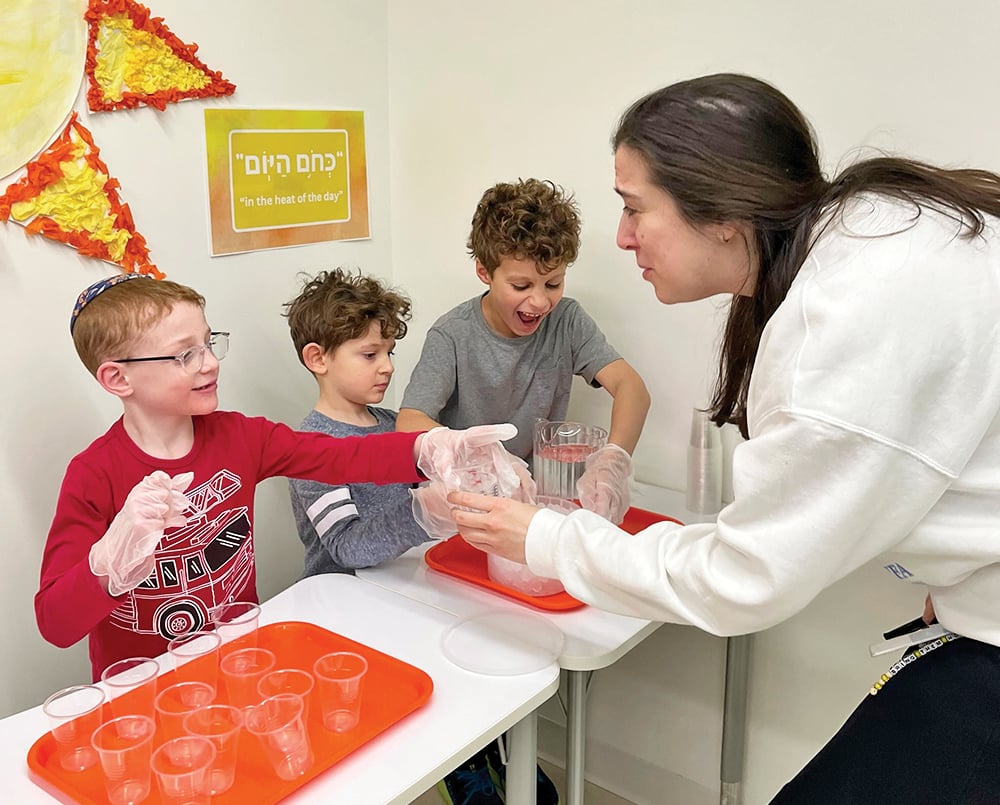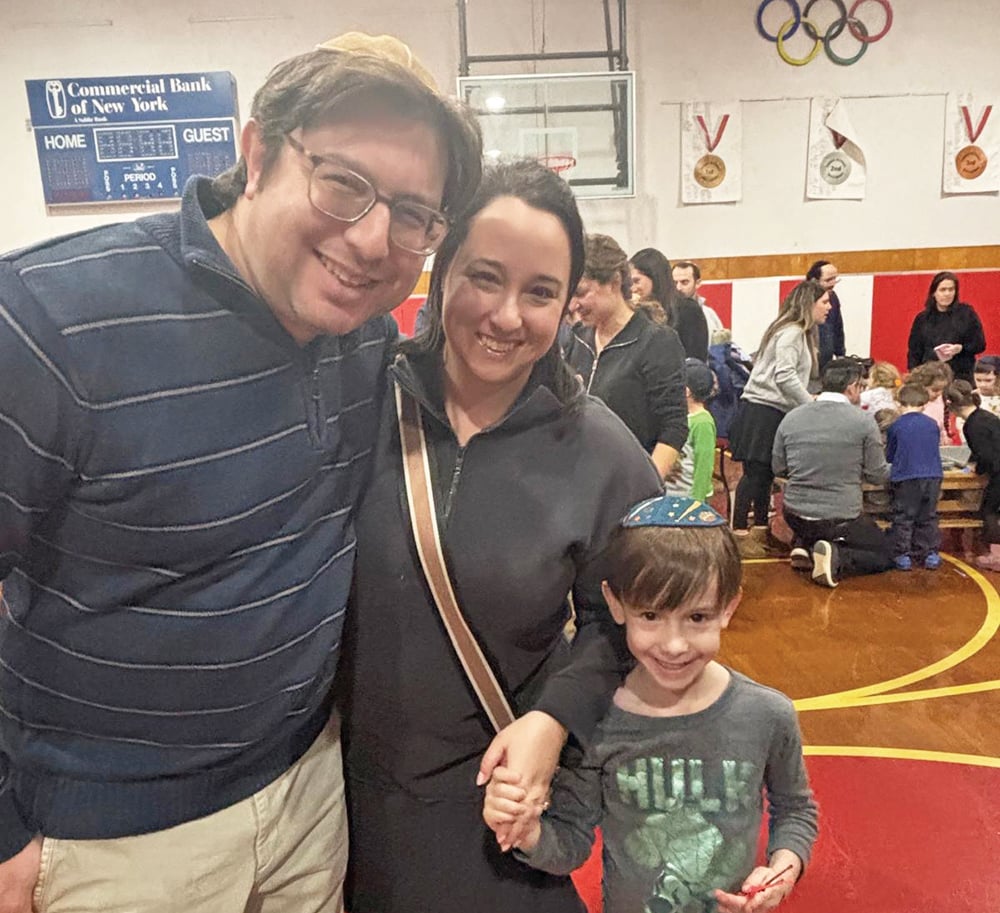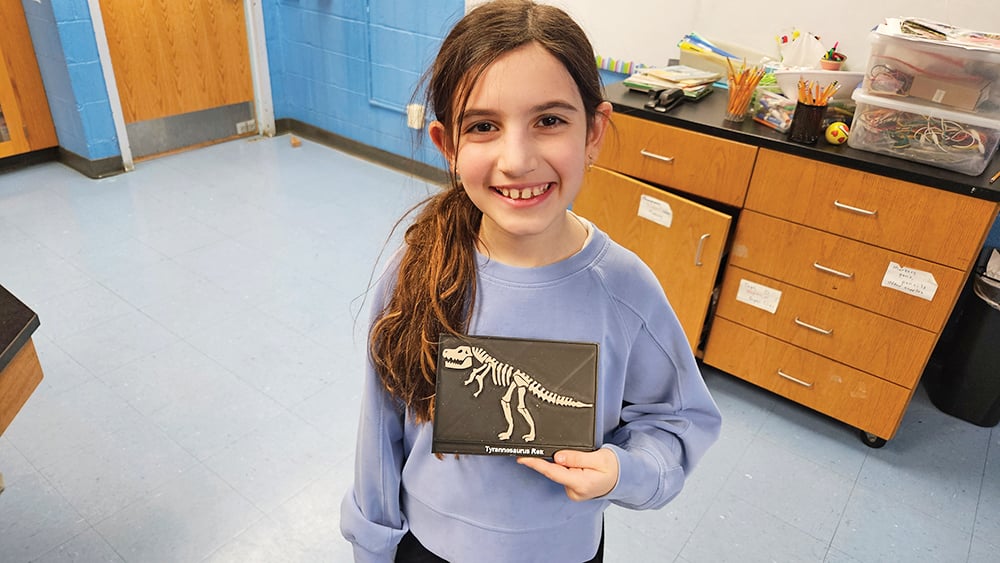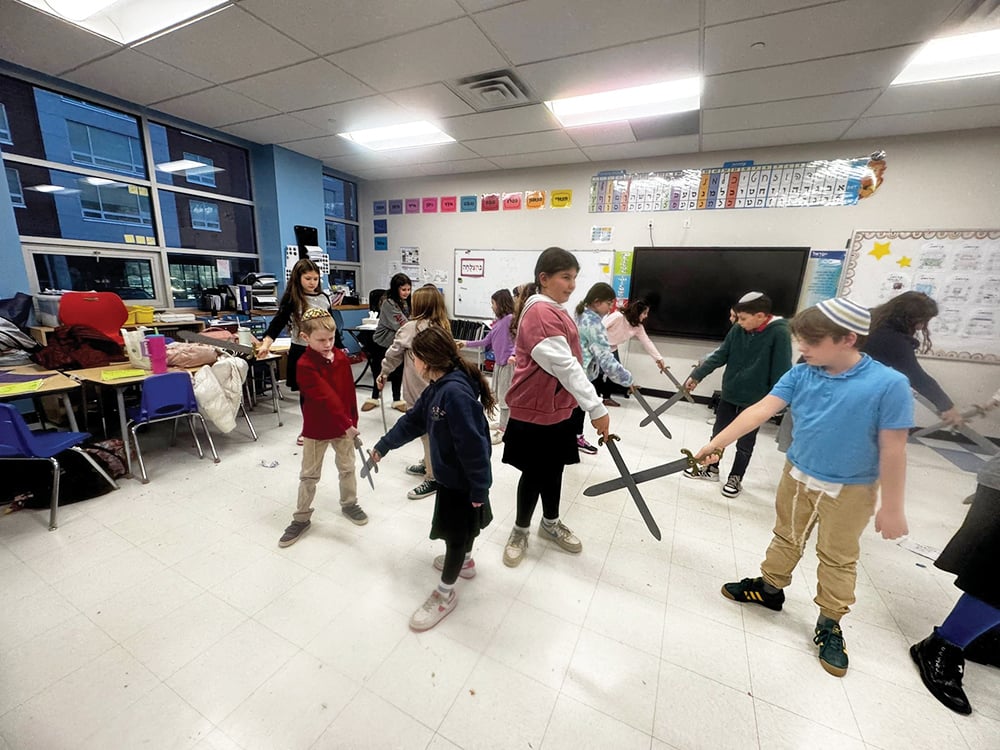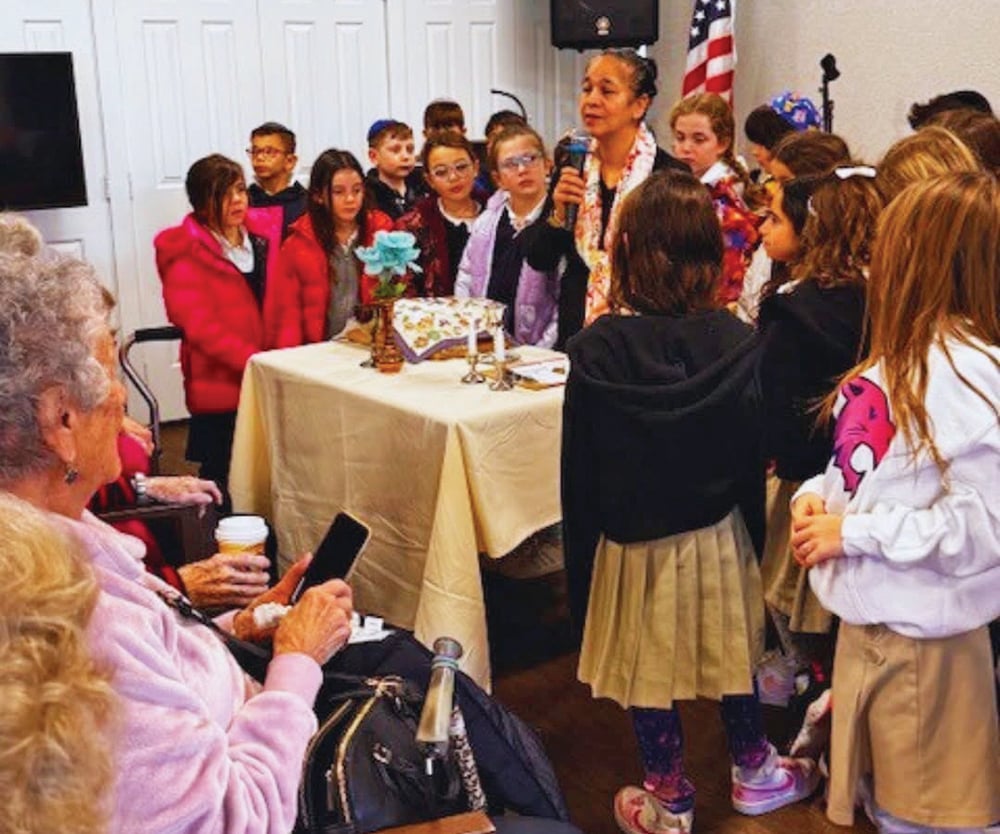This past week our freshmen went on their annual hike. Our freshman hike is an integral team-building activity that contributes to the unification of the grade and it is thoughtfully coordinated with one goal in mind: relationship building. I love the hike and enjoy participating. As hike day approached, and I was looking ahead at the different items on my “to do” list, I wondered if attending the whole hike was truly important. After some grappling with the decision, I decided to stick with my original plan, go on the hike and take advantage of the opportunity to spend the day with our exceptional freshman grade!
Building relationships is a critical value within a yeshiva experience. Yet, a critical question we face is how to operationalize this value? How do we take a theoretical or abstract concept such as valuing relationships and make it a part of the actual culture of the yeshiva, ensuring that we follow through on this commitment?
We are thoughtful about the way that our daily schedule and calendar are set up in order to maximize opportunities in and out of the shurium and classrooms. Each of our rebbeim are at Shacharit, and while the entire grade davens together, each rebbe sits together with his shiur. The closeness and engagement of their rebbe during this important time builds a rebbe-talmid relationship and sends a message that a rebbe is more than a “classroom” teacher but rather an educator, role model and consistent presence. The rebbe is intentionally committed to the daily religious development of each of his talmidim. Our shiur break is another example of expanding the rebbe’s involvement in the life of his talmidim, thereby continuing to strengthen and expand the important relationship. During this time the talmidim have an opportunity to socialize with the other boys in their shiur and take a break from their intense and engaging shiur learning. However, it also provides the rebbe with an opportunity to take an active role in the social emotional development of his talmidim.
Our general studies classes do not begin until after lunch; each teacher comes in a period before lunch time, ensuring that our faculty is present and available during lunch to meet and work with our talmidim. Watching talmidim sit with their teachers to review an essay, prepare for a math test and go over classwork material 1:1 or in a small group contributes to the very present feeling our teachers want our talmidim to feel. They are literally here, in yeshiva and beyond, for them and for their growth.
One of the questions that arises popularly in education today is whether teachers should be more focused on the subject matter they teach or on developing a relationship with talmidim. The reality is that this is not an either-or proposition and it is not about choosing one over the other. Our education is strengthened when we know our talmidim and cultivate a relationship with them. It is also captured in the philosophy expressed by a rebbe who said that he is not teaching Masechet Berachot or Bava Kamma, he is teaching the talmidim in his shiur. This is also expressed in the saying “Students do not care how much we (teachers) know, until they know how much we care.” The academic components of education are critical, but our commitment to being present, to getting to know our talmidim and developing relationships with them significantly enhances the educational experience.
This attitude of presence being paramount must be a cultural commitment that permeates everything from the classroom to our extra-curricular programming. We hire our athletic coaches and academic team coaches with the twin goals of having a competitive team, recognizing the value of hard work, success and school spirit that goes along with competing, but also of placing a positive religious role model in an area of passion for our talmidim. The coach is also a relationship ambassador, with an ability to forge strong bonds with his players. While our Shabbatons are geared toward providing an inspiring, thought-provoking and enjoyable weekend, they are also viewed as 48 hours of relationship cultivation. Thought goes into creating a structure that will enable our rebbeim and teachers to spend quality time with their talmidim, being a presence in their lives.
At the end of the hike I was glad that I stayed on the course and path. I love the hike and feel fortunate to have the opportunity to be present with the talmidim in all types of situations. I felt more energized by the smiles and conversation I was afforded throughout the day. I wish you, the parents, could have joined us that day and really every day as we enjoy the gift of being present in yeshiva.
Rabbi Joshua Kahn is now in his sixth year as head of school at Yeshiva University High School for Boys (MTA).




